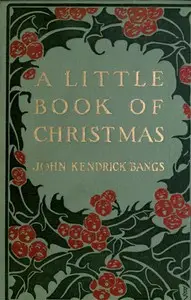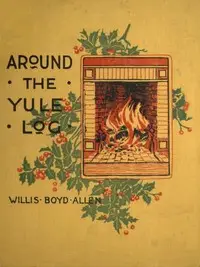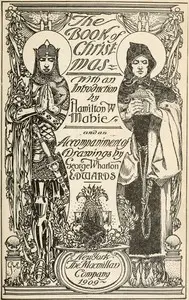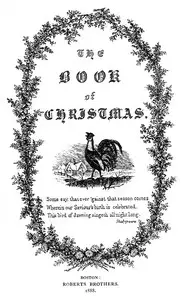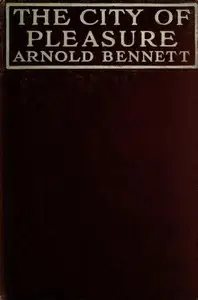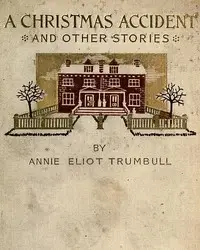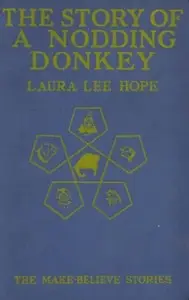"The Feast of St. Friend" by Arnold Bennett considers why we celebrate Christmas, noting the evolving ways we observe Christmas. Written around the start of the 1900s, the story looks at how being friendly and thoughtful are important parts of celebrating Christmas, despite modern life changing our traditions. It explores the meaning of the Christmas season, especially how it brings people together. The author discusses how our Christmas experiences have shifted over time and considers faith, happiness, and the importance of sharing a feast. The author believes that some of the Christmas spirit may be missing in today's world, but its key message is still important. He encourages people to bring back the special feelings of Christmas by being more understanding and kind to those around them. The writing suggests that we should actively spread goodwill and connect personally during this time, truly appreciating our connections with each other, making it a true "Feast of St. Friend."

The Feast of St. Friend
By Arnold Bennett
Explore the heartwarming essence of Christmas, where the true spirit is found in kindness and connections, as we rediscover how to celebrate the joy of friendship during the holiday season.
Summary
About the AuthorEnoch Arnold Bennett was an English author, best known as a novelist, who wrote prolifically. Between the 1890s and the 1930s he completed 34 novels, seven volumes of short stories, 13 plays, and a daily journal totalling more than a million words. He wrote articles and stories for more than 100 newspapers and periodicals, worked in and briefly ran the Ministry of Information during the First World War, and wrote for the cinema in the 1920s. Sales of his books were substantial, and he was the most financially successful British author of his day.
Enoch Arnold Bennett was an English author, best known as a novelist, who wrote prolifically. Between the 1890s and the 1930s he completed 34 novels, seven volumes of short stories, 13 plays, and a daily journal totalling more than a million words. He wrote articles and stories for more than 100 newspapers and periodicals, worked in and briefly ran the Ministry of Information during the First World War, and wrote for the cinema in the 1920s. Sales of his books were substantial, and he was the most financially successful British author of his day.


